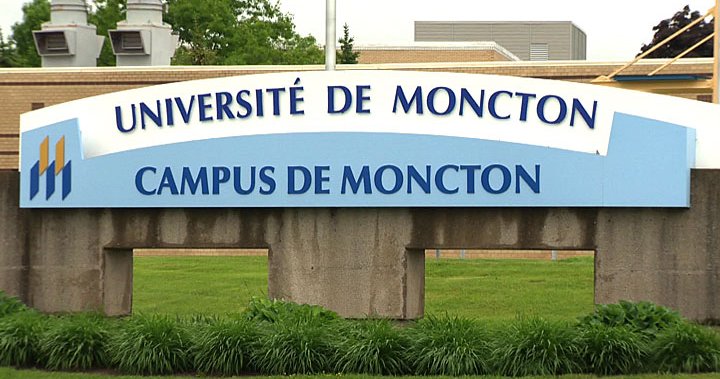
Movement rekindled to rename N.B. university connected to ‘torturer’ of Acadians
Global News
The university was founded in 1966 and took the name of the City of Moncton, the location of one of its three campuses and the second-largest city in the province.
A movement has been rekindled in New Brunswick to shed a francophone university’s connection to Robert Monckton, a British military figure who played an active role in the imprisonment and deportation of thousands of Acadians.
More than 1,000 people from Canada’s Acadian community — including dignitaries, academics and artists — have signed a petition to rename Universite de Moncton, the country’s largest French-language university outside Quebec.
“We have mobilized and are creating an irreversible movement,” Acadian activist Jean-Marie Nadeau said in an interview Tuesday. “There has never been such a large and popular mobilization (on this issue) like the one we have.”
The university was founded in 1966 and took the name of the City of Moncton, the location of one of its three campuses and the second-largest city in the province, after Saint John.
Moncton is also home to many of Canada’s Acadians, whose ancestors were forcibly deported from the Maritimes after Great Britain won the Seven Years’ War. Between 1755 and 1763 approximately 10,000 Acadians were expelled from their land by the British.
Nadeau said the debate to rename the university has resurfaced at least once a decade since the 1970s. The latest revival came after he wrote an essay on Feb. 7 in local newspaper Le Moniteur Acadien calling for the change. About one week ago, Nadeau and Jean-Bernard Robichaud — rector of the university from 1990 to 2000 — started a petition on social media to change the name of the school.
Acadian signatories include current and former politicians, chancellors, and lawyers, as well as novelist Antonine Maillet, singer-songwriter Edith Butler, musician Zachary Richard and filmmaker Renee Blanchar.
“We are doing this movement because we are tired of dragging the name of Monckton like a ball and chain attached to our university,” Nadeau said. “Monckton was one of our main torturers and executioners-in-chief, responsible for the logistics of the deportation in 1755.”













